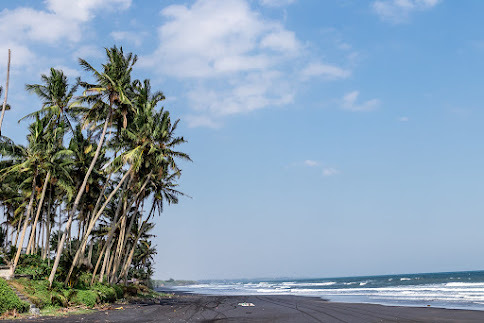RI’s Independence Day - A Forgotten Piece of History (by Karina Soemarwoto)
RI’s Independence Day - A Forgotten Piece of History
Karina Soemarwoto* , Leiden, The Netherlands
Thu, 01/14/2010 9:24 AM | Opinion, The Jakarta Post
Had an Indonesian attended the meeting, they would have felt offended at the occasion. If they were familiar with the Dutch view of the issue, only the element of surprise would have vanished.
An expressive attitude on the Dutch behalf created the impression that the demand for independence by the indigenous East Indian population was truly notable only after the Japanese presence and the “occupation” by the Westerners. Occasionally, the view that colonization is beneficial to the occupied population was dropped in.
Sometimes this was done explicitly, for instance by casually mentioning that roads were built during the Dutch presence, and that the VOC traded with the East Indies. At other times this was done implicitly, for instance by showing Eddy Cahyono’s movie Diantara Masa Lalu dan Masa Sekarang (Between the Past and Present) to end the seminar.
The latter could be interpreted as taking the essence of the movie of its context, creating an offensive implication of Indonesians. The above forms only one example of an occasion in which Indonesia’s independence is perceived as such. This is not a rare perception of Dutch East Indian history in the Netherlands.
It is important that the Indonesian people devote their attention to Dutch disagreements on the topic of Indonesian independence, simply because the injustices thrust upon them in the past have not been resolved to this very day. Indonesia declared independence on Aug. 17, 1945, while the Netherlands only recognized Indonesia’s sovereignty on Dec. 27, 1949. In the period in between, laws in the Netherlands were hurriedly amended to allow newly drafted soldiers to be deployed to Indonesia at a younger age, starting 1947.
Had they done so, it would mean the Netherlands had illegally invaded a sovereign state in the period between August 1945 and December 1949, and may have to pay high compensation for all kinds of damage done unto Indonesia and its people. Yet one may question what right the Netherlands had to send their military to a state that had declared itself independent.
As if the newborn country had not undergone enough turmoil, when the Netherlands finally recognized its sovereignty, Indonesia was made to inherit the debts of the former Dutch East Indies. The final amount to be paid was more than 4 billion Dutch guilders, which also covered the costs for the politionele acties, paid off from 1950 to 1956.
In August 2005, then Dutch foreign minister Bot delivered a speech in which he accepted Indonesia’s Independence Day to be on Aug. 17, 1945. However, to accept is not to recognize. Bot further stated that the realization existed in the Netherlands that de facto Indonesian sovereignty began in 1945, indicating this statement was not necessarily lawful.
Recognition remains missing. Yet Bot will be granted the Bintang Mahaputra Utama medal at the 2010 Independence Day ceremony, along with another Dutch politician, the VVD (Dutch People’s Party for Freedom and Democracy) lawmaker van Baalen.
Indonesian Ambassador to the Netherlands J.E. Habibie was interviewed on the Indonesian TV show Impact on QTV on March 28, 2008. In the past, including in previous interview, the ambassador repeated that the Dutch government had since 2005 recognized Aug. 17, 1945, to be Indonesian Independence Day. In the interview, the ambassador also spoke of the very smooth and increasingly friendly relations developing between Indonesia and the Netherlands. He further said the progressing relations and trade with the Netherlands were beneficial to Indonesia.
The Dutch article “Band met Indonesië Spiegelglad” (Bond with
Indonesia Mirror Smooth) from Oct. 13, 2008, stated Bot would be awarded the
Bintang Mahaputra Utama particularly because in 2005 “he officially recognized
Indonesia’s independence”.
*The writer is an International Baccalaureate graduate based in the Netherlands.

Comments
Post a Comment